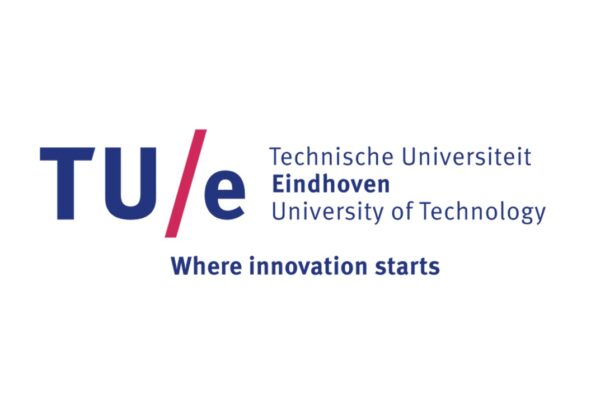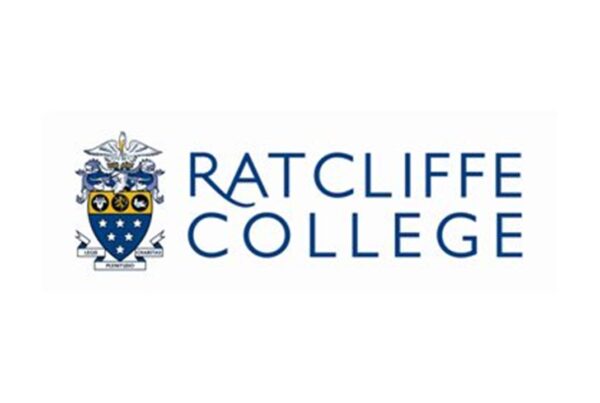In today’s digital age, Wifi has become an essential component of the student experience. As universities and schools increasingly rely on technology for education and communication, a robust Wifi network plays a pivotal role in shaping the learning journey of students. In this article, we will explore three critical aspects of Wifi and its impact on the student experience, looking at how it contributes to academic success, fosters campus connectivity, and provides a platform for collaborative learning.
Accelerating academic success
The quality of Wifi connectivity on a campus can significantly influence academic performance. With more students and educators relying on online resources, research tools, and interactive learning platforms, a reliable and high-speed Wifi connection is essential. Here’s how Wifi enhances academic success:
Access to digital resources
One of the greatest advantages of a robust Wifi network is the easy access to an abundance of digital resources. Students can quickly download e-books, research papers, and academic materials, enhancing their study efficiency. Professors can also upload lecture notes and supplementary materials for students to access online, ensuring a more enriched learning experience.
Virtual learning and collaboration
The recent surge in virtual learning platforms has redefined education. Wifi enables students to participate in webinars, virtual classrooms, and video conferences from anywhere on campus, providing flexibility and convenience. It fosters collaboration among students, allowing them to work on group projects and research assignments seamlessly, irrespective of their physical location.
Timely submissions and examinations
Wifi also plays a critical role in ensuring that students can submit assignments, research papers, and participate in online examinations without interruptions. A dependable network ensures that students can meet deadlines and perform to their full potential, reducing the anxiety associated with technical difficulties.
Fostering campus connectivity
A connected campus is a thriving campus. Wifi is not just about academic success; it’s about creating an environment where students can interact, engage, and build a sense of community. Here’s how Wifi fosters campus connectivity:
Social interaction
Social life is an integral part of the college experience. Wifi allows students to connect with their peers through social media, messaging apps, and video calls, bridging the gap between on-campus and off-campus life. It’s a means of staying in touch with friends and family, even when they are miles away.
Event promotion and participation
Universities host a plethora of events, from lectures and seminars to club meetings and cultural festivals. Wifi is instrumental in promoting these events to a broader audience and enabling students to participate remotely if necessary. Live streaming and virtual participation ensure that no one misses out on the campus experience.
Campus navigation
Navigating a sprawling campus can be challenging, especially for newcomers. Wifi can provide location-based services and interactive maps that help students find their way around campus efficiently. This not only reduces the stress of getting lost but also encourages exploration and engagement with campus facilities.
Collaborative learning opportunities
Collaborative learning is a cornerstone of education. Wifi facilitates collaborative learning in several ways, making it an indispensable tool for students:
Virtual study groups
Wifi enables students to form virtual study groups, making it easy to collaborate with classmates on projects and assignments. These groups can communicate through messaging apps, video conferencing, and cloud-based document sharing platforms, fostering a collaborative learning environment.
Access to online learning platforms
Many universities and institutions employ online learning platforms that are accessible via Wifi. These platforms facilitate discussions, quizzes, and peer-to-peer feedback, promoting active engagement and a deeper understanding of course material.
Instant research and information sharing
In the age of information, the ability to access and share knowledge in real time is invaluable. Wifi enables students to conduct research, fact-check, and share information instantly, enhancing the depth and breadth of discussions in the classroom.
Wifi is more than just a tool for internet connectivity; it’s a vital component of the modern student experience. From accelerating academic success to fostering campus connectivity and providing collaborative learning opportunities, a dependable Wifi network has far-reaching implications for students’ educational journey. Universities and schools must continue to invest in their Wifi infrastructure to ensure that students can access the wealth of resources available to them and connect with their peers in an increasingly digital world.








